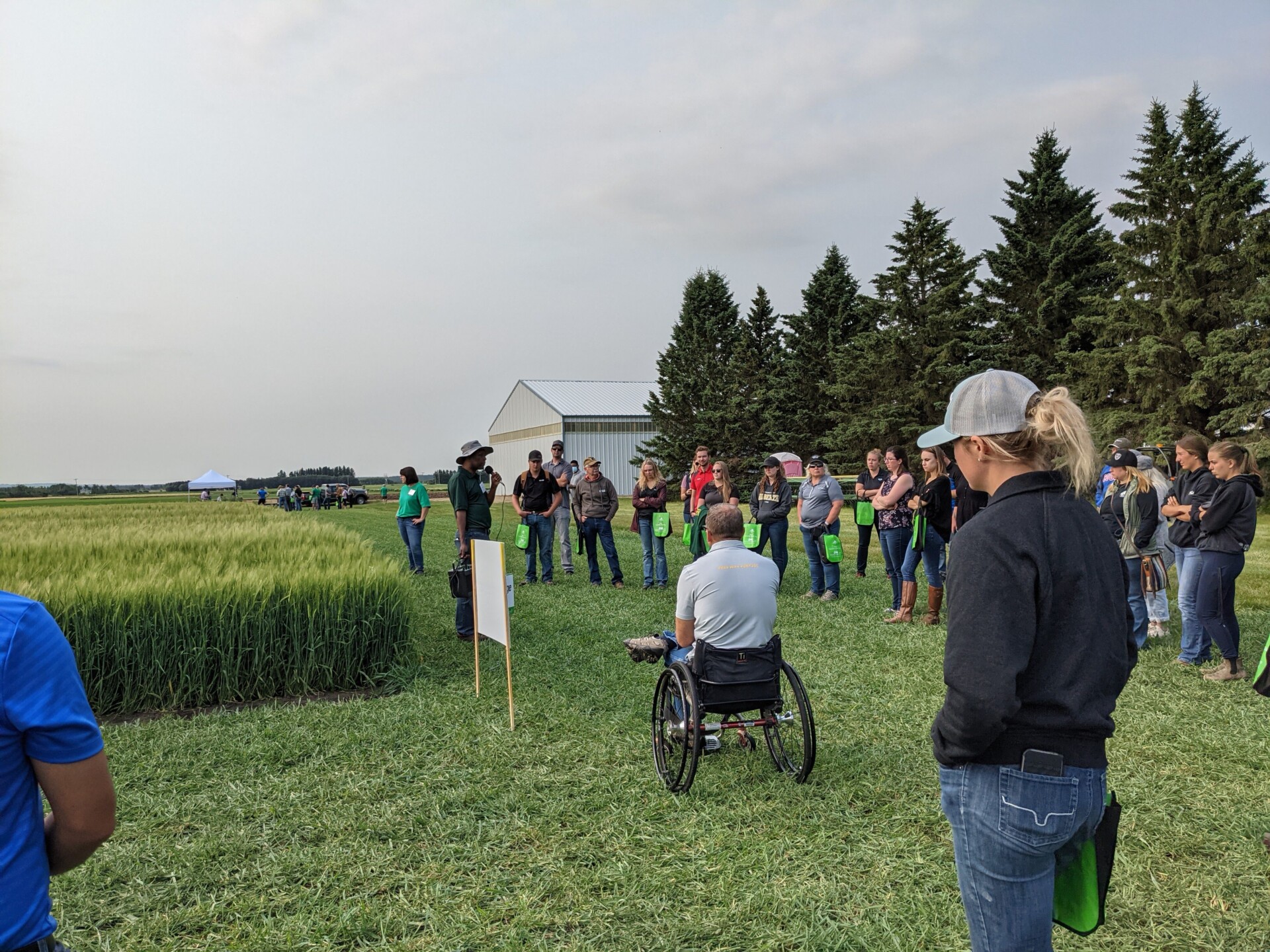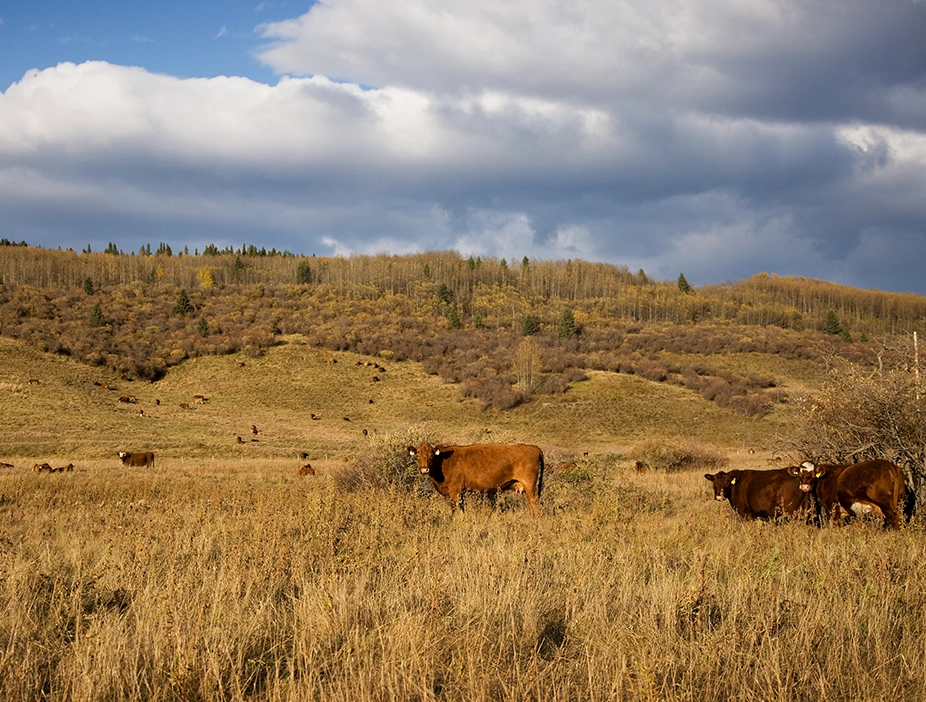Digging deeper into forage digestion efficiency
Understanding the mechanisms that cause some animals to digest forages more efficiently than others may help to develop tools to select animals that are more efficient on pasture or other high-forage diets, and lower production costs.
Started: 2021 | Completed: 2025
Exploring options to manage Mycoplasma bovis
While this project is very early stage drug discovery research, and will certainly not eliminate M. bovis infections immediately, it is exploring a new approach that potentially can improve the management of this bacteria in the future.
Started: 2021 | Completed: 2025
Training immunity as an alternative to antibiotics
Several different approaches are being investigated to develop effective alternatives to antimicrobial products. One potential avenue is to stimulate or “train” immune cells to react to pathogens by exposing them to related bacteria that don’t cause disease.
Started: 2023
Showing 1-12 of 118



